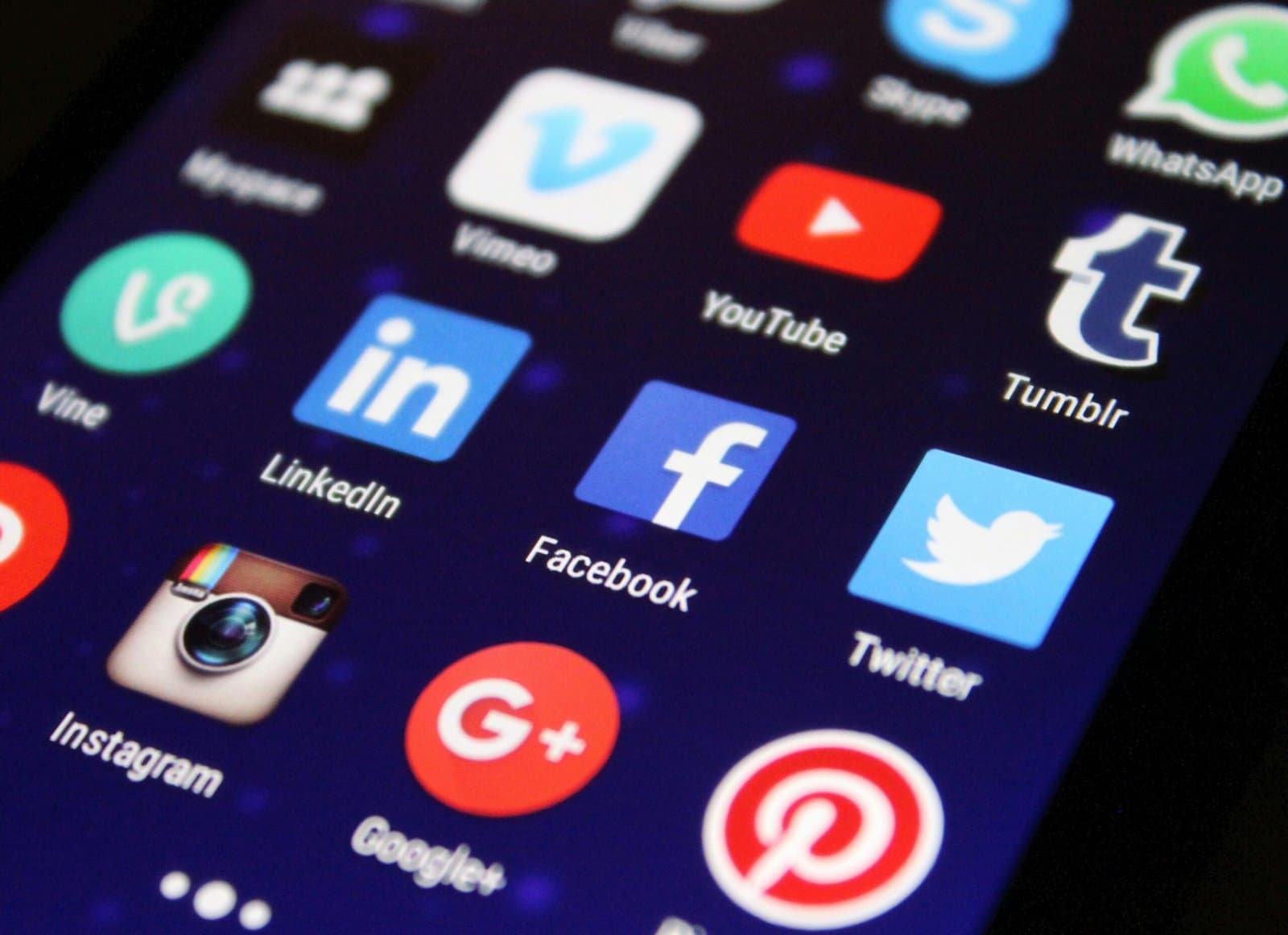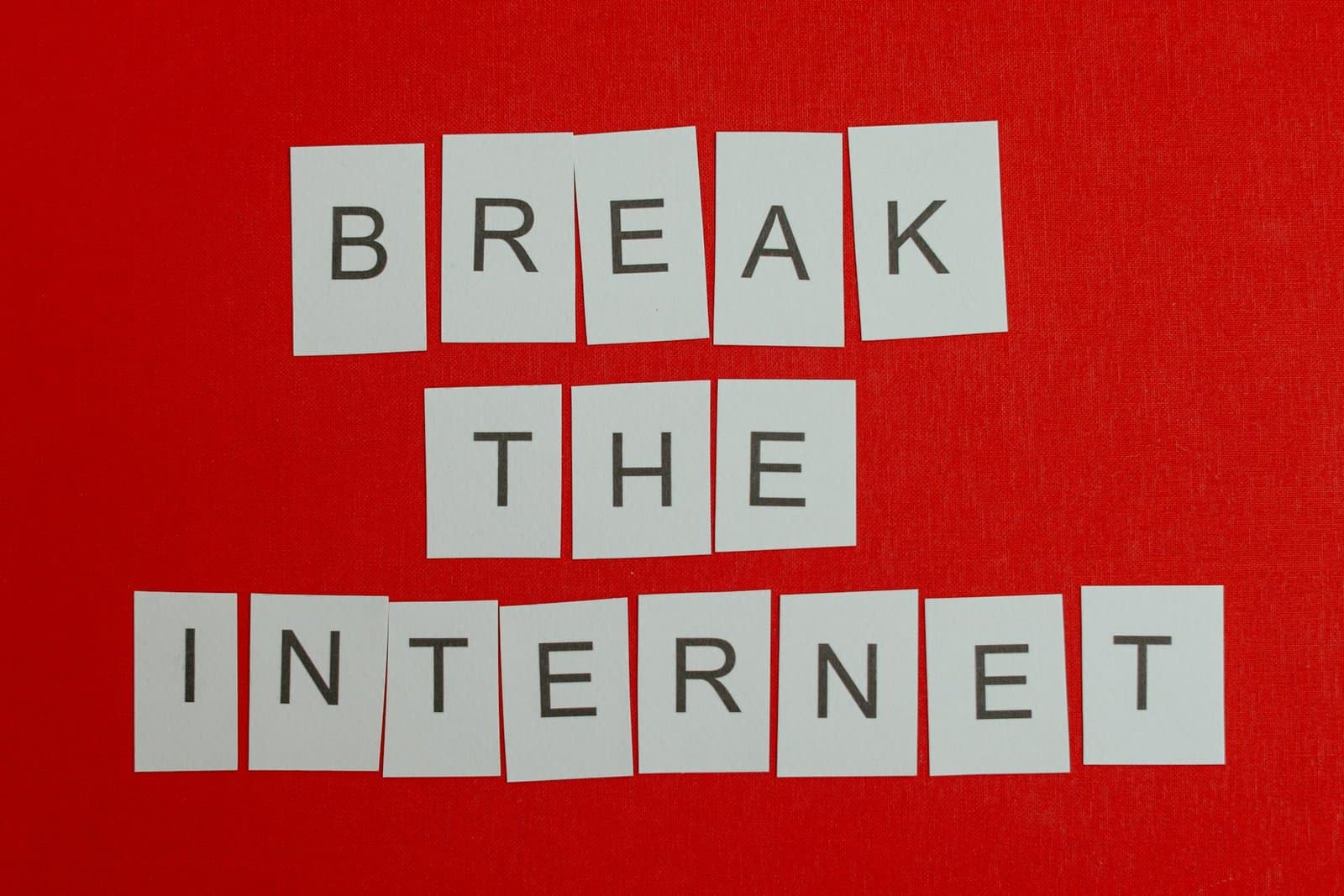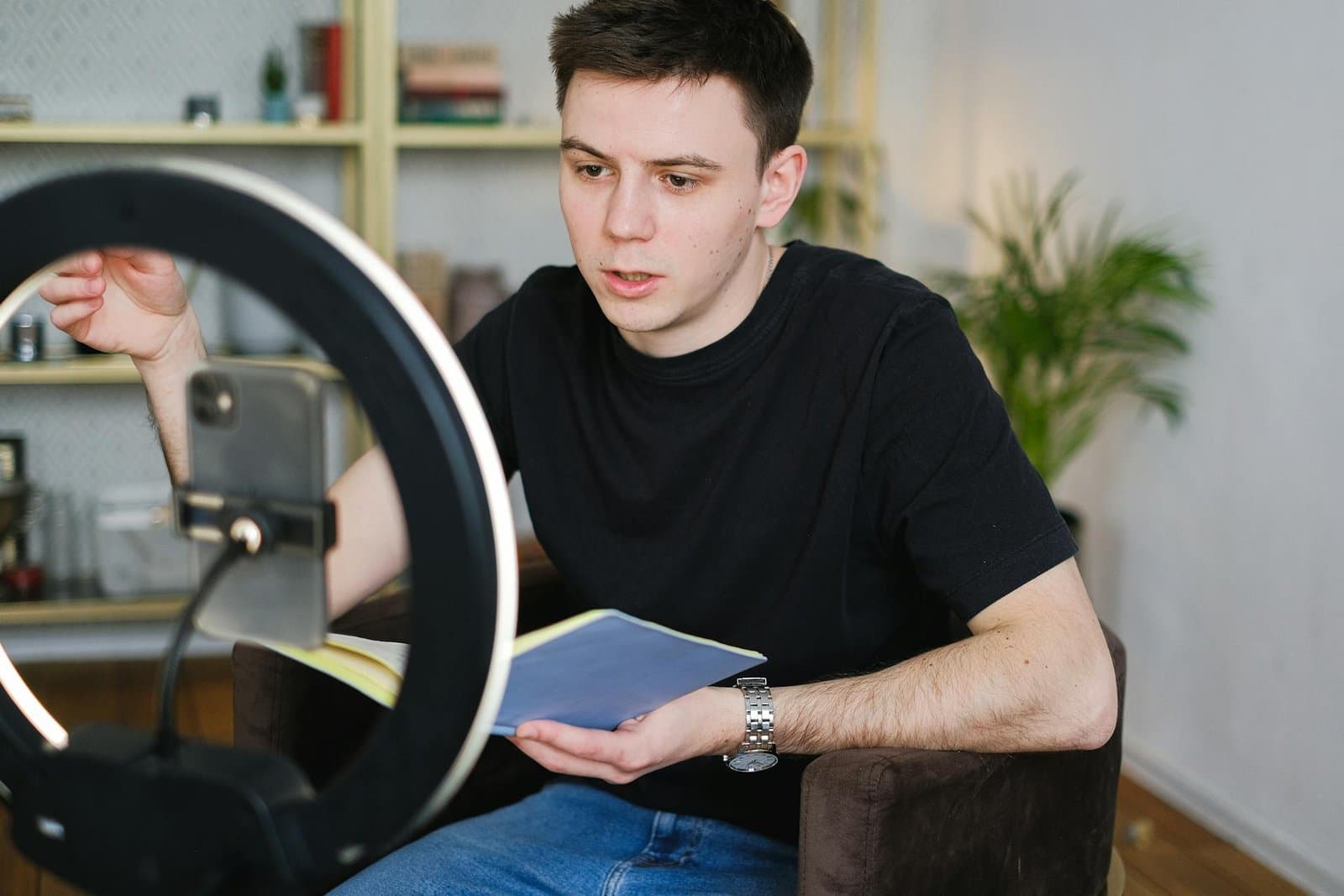The Evolution of Rizz Lines in the Digital Age

The art of crafting compelling conversation starters, known colloquially as “rizz lines,” has undergone a radical transformation in the digital era. Once limited to cheesy one-liners exchanged in dimly lit bars, modern rizz lines now leverage artificial intelligence, social media trends, and niche community humor to navigate the complexities of digital dating. This evolution reflects broader shifts in communication patterns, technological adoption, and cultural linguistics, with tools like Rizz App AI emerging as pivotal players in reshaping how people connect online^1. From programming-themed puns to algorithmically optimized openers, the digital age has democratized and specialized the once-universal practice of pickup artistry, creating both opportunities and challenges for genuine human connection.
From Pickup Lines to Personalized Rizz: A Historical Shift
The Pre-Digital Era of Generic Openers
Traditional pickup lines relied on universal appeal, often prioritizing humor or boldness over personalization. Phrases like “Do you have a name, or can I call you mine?” dominated physical social spaces, operating on the assumption that charisma (“rizz”) could be distilled into repeatable formulas. These lines faced inherent limitations—their success depended heavily on delivery context and recipient personality, with no mechanism for real-time adaptation. The rise of dating apps in the early 2000s exposed the inadequacy of this one-size-fits-all approach, as users struggled to translate in-person tactics into engaging digital messages^4.
Algorithmic Personalization and Niche Communities
The digital revolution introduced two transformative forces: data-driven personalization and community-specific rizz crafting. Platforms like Reddit became incubators for niche pickup lines tailored to shared interests, as seen in programming communities where users developed lines like “Are you a 2D array? Because I’m starting to get lost in your dimensions”^2. These specialized rizz lines achieved higher engagement rates by aligning with recipients’ identities, demonstrating how digital spaces enable hyper-targeted communication strategies. Simultaneously, machine learning algorithms began analyzing successful interactions to identify patterns in humor, timing, and emotional resonance, laying the groundwork for AI-powered tools like Rizz App AI^1.
The AI Revolution in Rizz Crafting
How Rizz App AI Optimizes Digital Charisma
Rizz App AI exemplifies the convergence of artificial intelligence and social dynamics, offering features that transcend basic message generation. Its proprietary algorithm combines natural language processing with behavioral psychology principles to:
- Analyze profile data (bio, images, interests) to identify optimal conversation angles
- Adapt tone based on recipient responsiveness (e.g., shifting from playful to sincere)
- Predict timing for follow-up messages to maintain engagement without appearing desperate
User testimonials highlight its effectiveness, with Michael Miller noting the app’s role in helping him “find his voice” through customized guidance^1. Unlike static pickup line databases, Rizz App AI employs reinforcement learning—the system improves its suggestions based on real-world success metrics aggregated from millions of interactions.
The Ethics and Efficacy of AI-Assisted Flirting
While critics argue that AI tools might homogenize communication styles, data from Rizz App AI reveals surprising nuance. The platform’s “Real-World Connection Tips” module encourages users to blend AI-generated openers with authentic self-expression, creating a hybrid approach that balances optimization with individuality^1. This reflects a broader industry trend toward augmented social intelligence, where technology enhances rather than replaces human interaction skills. However, concerns persist about the potential for AI to exacerbate manipulative dating strategies if used without ethical safeguards.
Social Media’s Role in Rizz Linguistics
The Memetic Lifecycle of Rizz Slang
The term “rizz” itself demonstrates how digital platforms accelerate linguistic evolution. Originating as Gen Z slang shorthand for “charisma,” the word gained mainstream traction through TikTok challenges and Twitter memes before being co-opted by brands like Rizz App AI^4. Social media’s compression of cultural diffusion cycles means new rizz-adjacent terms like “w rizz” (winning rizz) and “rizz face” (a confident smirk) now emerge quarterly rather than over decades. This rapid turnover creates generational divides, with many millennials finding terms like “monkey rizz” (awkward but endearing attempts) jarring compared to their “swag”-centric youth vernacular^4.
Visual Rizz: Emojis, GIFs, and Beyond
Modern rizz lines increasingly incorporate visual elements, with 78% of Rizz App AI users employing the platform’s “rizz emoji” suggestions to complement text-based openers^1. The 💫🔥😏 (“rizz face”) combo has become particularly prevalent, acting as digital body language to convey playful confidence. This visual layer adds crucial emotional context often lost in text-only communication, helping users avoid the misinterpretation pitfalls that plagued early digital flirting attempts.
Specialized Rizz for Niche Communities
Programming Humor Meets Romantic Gestures
The proliferation of interest-based dating apps has fueled demand for specialized rizz lines. Reddit’s programming communities showcase this trend with lines like “You must be a version control system, because you’re always on my mind”—a blend of technical in-joke and romantic intent that outperforms generic alternatives in developer dating pools^2. Rizz App AI caters to this through its “Industry-Specific Rizz” module, which generates tailored openers for over 300 professional and hobbyist categories^1.
Gen Z vs. Millennial Rizz Paradigms
Analysis of Rizz App AI usage data reveals stark generational divides in digital communication preferences:
| Demographic | Preferred Rizz Style | Avg. Response Rate |
|---|---|---|
| Gen Z (18-24) | Self-deprecating humor + emojis | 62% |
| Millennials (25-40) | Nostalgic references + GIFs | 48% |
This table underscores the importance of age-aware rizz strategies, with younger users favoring ironic lines like “I must be a bug, because I can’t stop thinking about you”^2, while older demographics respond better to culturally anchored humor.
The Future of Rizz: AI, AR, and Ethical Considerations
Predictive Rizz and Adaptive Personas
Emerging technologies promise to further revolutionize rizz crafting:
- VR Dating Simulations: Platforms like Rizz App AI are experimenting with immersive environments where users practice rizz delivery through avatar-based interactions
- Biometric Feedback: Future iterations may analyze vocal tone and facial expressions via smartphone sensors to provide real-time delivery coaching
- Ethical AI Guardrails: Ongoing debates center on implementing “rizz ethics” protocols to prevent manipulative patterns while respecting user autonomy
As these technologies mature, the line between authentic charisma and algorithmic optimization will continue to blur, raising philosophical questions about the nature of human connection in digital spaces.
Conclusion: Rizz as a Cultural Mirror
The evolution from pickup lines to AI-optimized rizz reflects broader societal shifts—our growing reliance on digital mediation, the acceleration of linguistic change, and the human longing for connection in an increasingly fragmented world. Tools like Rizz App AI exemplify the potential for technology to enhance social skills rather than replace them, provided they’re developed with psychological nuance and ethical responsibility. As digital natives continue redefining romance through screens and algorithms, the art of rizz remains both a cultural mirror and a bridge between generations.


